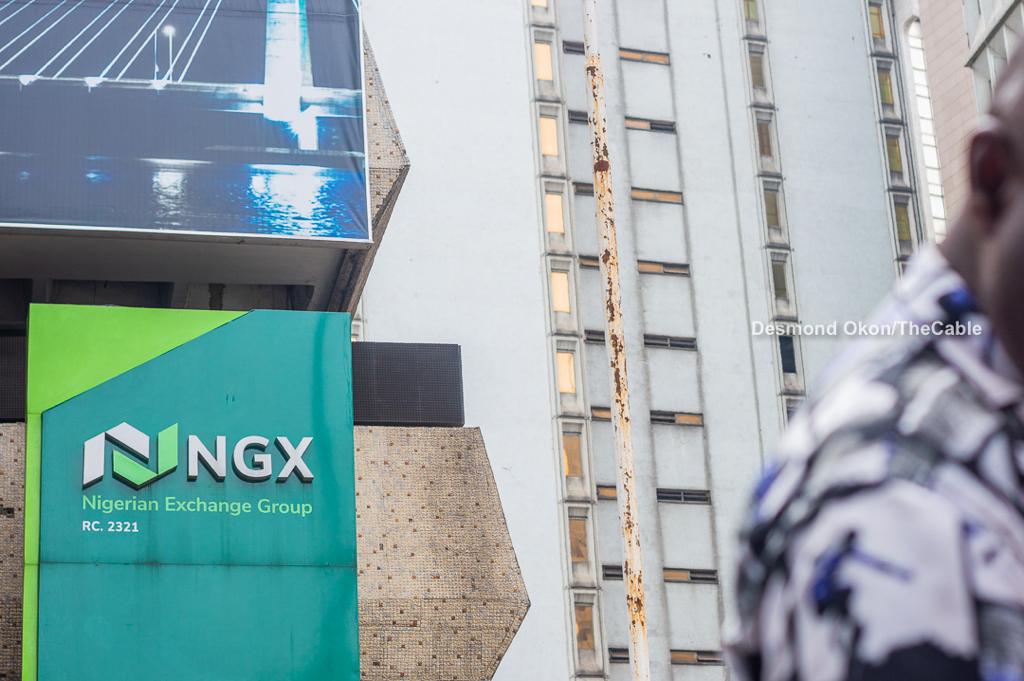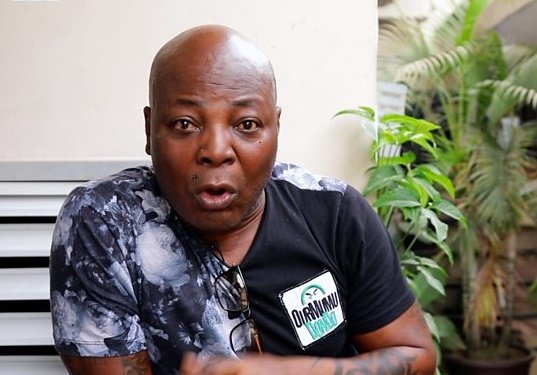No better poetry to show how serious the year 2024 will be than the fact that the year started on a Monday — with markets hitting the ground running, less than 48 hours into the year. On the global scene, market watchers will be pricing the coming US and UK general elections in virtually every decision.
In Nigeria, the stock exchange broke its all-time records multiple times in 2023, crossing the 70,000 all-share index in November. In the same year, the market posted a 45.90% gain — the highest in recent history.
Investors and market observers have begun speculations about the direction the market may be headed in 2024. As that begins to unfold, TheCable, using key economic indices, takes a look at the state economy on the first trading day of 2024.
NAIRA TRADES AT N988.46/$1
The naira and dollar relationship has started on a rather bumpy note, with the local currency closing the first trading day of the year at N988.46 to the greenback. This is a decline from 907.11 to the dollar recorded on the last day of 2023.
Advertisement
The naira opened the year at 951.67 to the dollar, and over $15 million was traded at the official window.
On the parallel market, the naira also depreciated, trading at 1,222 to the dollar, starting the new year with a decline. The local currency closed 2023 at 1,215 in the parallel market.
NSE OPENS GREEN, SETS NEW RECORD
The Nigerian Stock Exchange has come a long way since it was rated by Bloomberg as the worst-performing bourse of the year 2016. In about seven years, the exchange has signed big players including MTN Nigeria and Airtel.
Advertisement
By 2020, the all-share index (ASI) was 26,867.79 points at the beginning of the year, while the market capitalisation, which shows the value of the stock exchange, stood at N12.97 trillion.
In 2023, the market saw a lot of inflow, aided by the devaluation of the naira and reforms in the foreign exchange market, leading to record highs.
The exchange was not just green on the first trading day of 2024, it also clocked in another record high, jumping to an all-share index of 76,031 points, before closing at 75,990.88 points.
The close-of-business market cap was N41.59 trillion.
Advertisement
FOREIGN EXCHANGE RESERVES DOWN BY $4.16BN
On Tuesday, the first trading day of 2024, the Central Bank of Nigeria did not post the updated figures on the reserves movement.
The forex reserves, however, stood at $32,912,429,900 on December 29, 2023, which was the last trading day of 2023. While it is currently unclear where the reserves are as of January 2, 2024, the national forex account declined significantly in 2023.
The forex reserves opened at $37,069,719,189 at the beginning of 2023, reflecting a net decline of approximately $4.16 billion by the year-end 2023.
BONNY LIGHT (OIL) PRICE FALLS BELOW BUDGET BENCHMARK
Nigeria’s Bonny Light crude oil also opened the year on a decline — falling a few dollars from $79.40 to $77.15 per barrel.
Advertisement
The executive arm of the government put the 2024 budget assumption for fuel price at $77.96 per barrel. This means Nigeria is opening the year with a revenue deficit of 81 cents on every barrel of oil.
BENCHMARK RATES
President Bola Tinubu during his campaign to be president said his administration will cut interest rates significantly. However, the nation’s benchmark rates have not changed slightly since he took office. Monetary Policy Rate (MPR) has stood at 18.75 percent for the last six months and into the new year 2024.
Advertisement
The inflation rate currently stands at 28.2%, the highest since 2005.
Advertisement
Add a comment







